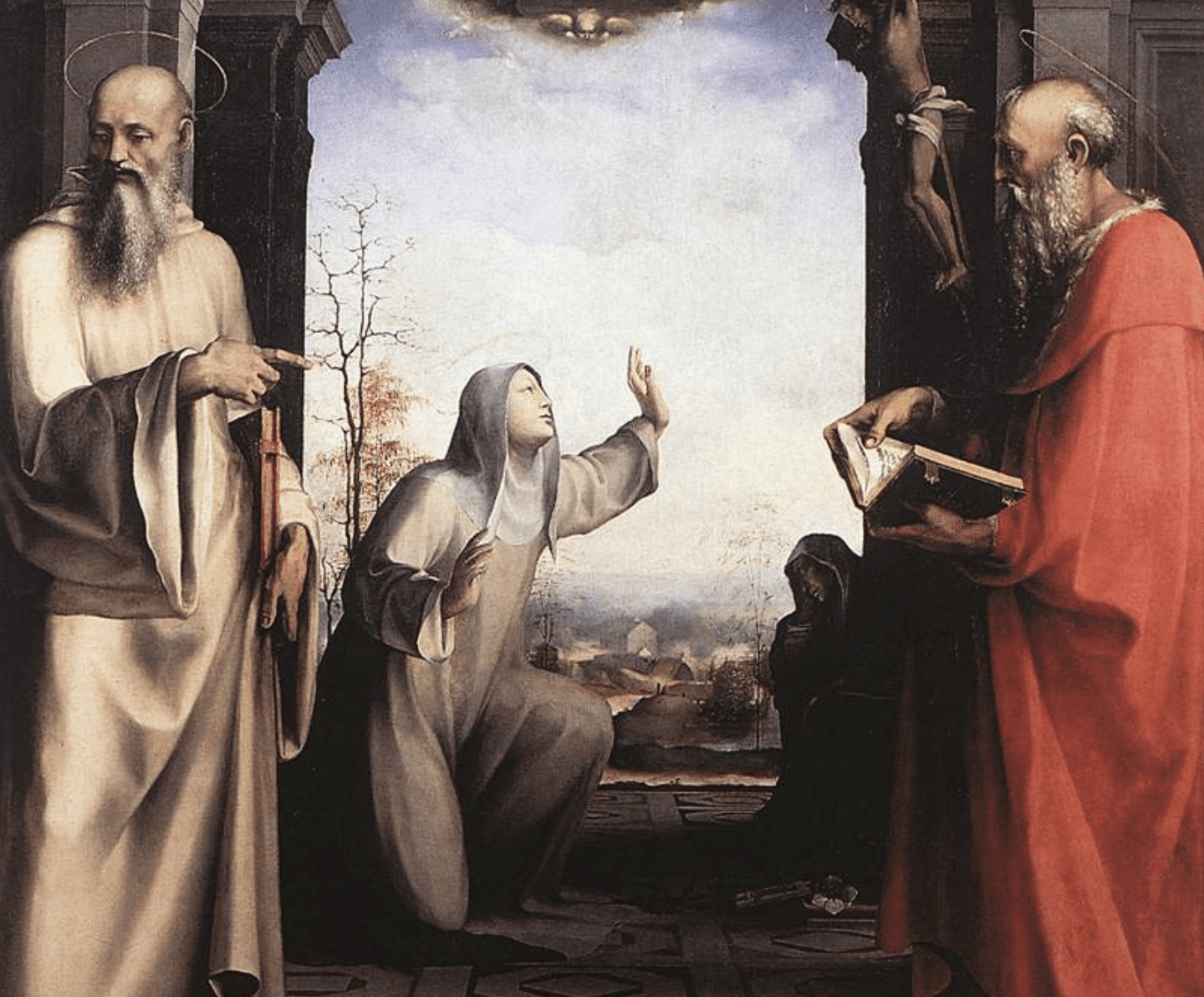Q: In one of your columns, you mentioned in passing that the church does not rule on stigmatics. Why is that?
A: The basic issue here is respecting the distinction between public revelation (what all Catholics must believe) and private revelation (what Catholics may believe as long as it does not contradict public revelation).
This distinction has nothing to do with how well-publicized reports are that someone bears several or all of the marks of Christ’s passion. St. Pio of Pietrelcina (Padre Pio) is perhaps the 20th-century’s most well-known stigmatic (1887-1968).
Christian faith rests on belief in God the Father, Son and Holy Spirit. Officially canonized saints and other holy people can point us to God, but it would not be proper, for example, to believe in Padre Pio in the same sense that we believe in Jesus Christ. We adore God but venerate saints.
For a similar reason, the church permits and even encourages pilgrimages to many Marian shrines but discourages devotion linked to certain places where Mary is said to have appeared. The reason arises from doubts about the message(s) reportedly given there.
If you denied Christ’s real presence in the Eucharist, you would be effectively separating yourself from the Catholic Church. The same would not be true if you denied that Mary had appeared at Lourdes or Fatima. You are perfectly free to believe that she did, but this could never be required of you.
Many years ago, Jesuit Father John L. McKenzie regretfully observed that many Catholics were more interested in the third secret of Fatima than in the four Gospels. For a small number of Catholics, that remains true today. Although the third secret was revealed by Blessed Pope John Paul II in 2000, some people deny that all of it was revealed. In extreme cases, such assertions in other contexts can foster a personality cult contrary to true Christian identity.
Private revelation could offer the false hope of an “inside track,” some knowledge that only a few people deserve to know. The Catholic Church crossed that bridge almost 2,000 years ago and affirmed that only God’s public revelation is binding on Jesus’ followers.








